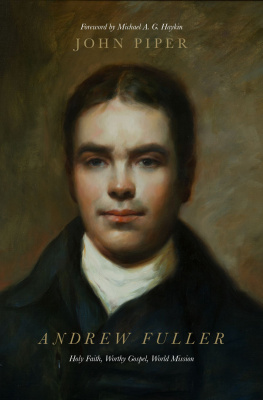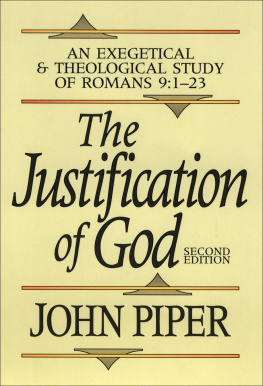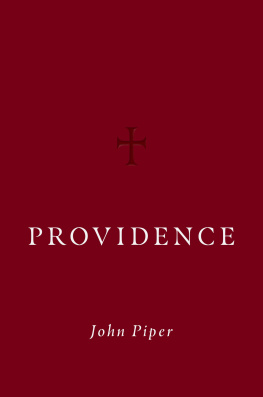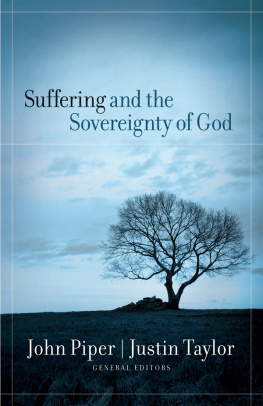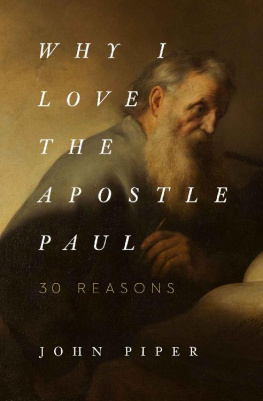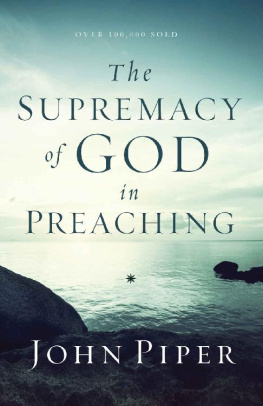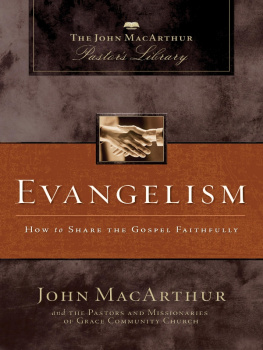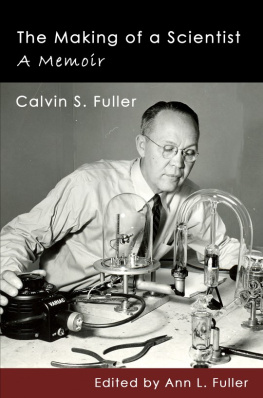Table of Contents
Landmarks
Contents
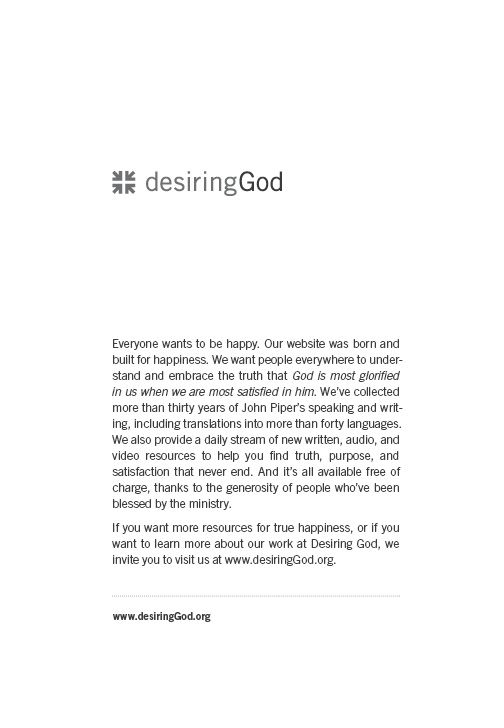
Chapter Four
One of Fullers critics, John Martin, pastor at Grafton Street, Westminster, wrote,
Sinners in my opinion, are more frequently converted, and believers more commonly edified, by a narrative of facts concerning Jesus Christ, and by a clear, connected statement of the doctrines of grace, and blessings of the gospel, than by all the exhortations and expostulations that were ever invented.
But in fact, the hyper - Calvinists were not passionately telling the narrative of the gospel story to the lost and were opposed to the new mission to India. Peter Morden points out that the prevalence of high Calvinism had led not only to a refusal to offer Christ but also to a general suspicion of all human means, such as ministerial training and associating. and the denomination of the Particular Baptists was dying.
Fuller, who knew only High Calvinism in his early ministry, said in 1774, I... durst not, for some years, address an invitation to the unconverted to come to Jesus.
A Warrant of Faith?
If you ask, How then did anyone get saved under this system? the answer was that here and there God would give what High Calvinists called a warrant of faith. That is, there would be some token granted by the Holy Spirit to signify that the persons were regenerate and elect and therefore had a warrant to believe. For example, one way God did this, they believed, was by forcibly suggesting a Scripture to ones mind. This happened to Fuller at age thirteen (with Rom. 6:14), and he thought for a while that he had been saved. But the experience proved to be abortive.
What Fuller came to see was that High Calvinism had shifted the meaning of faith from focusing on the objective person and promises of Christ onto the subjective state of our own hearts. In other words, saving faith became faith that I am experiencing the regenerating work of Godfaith that I am elect. Or, as Fuller put it, the High Calvinists said that faith is to believe the goodness of their state. To this he responded:
If this be saving faith, it must inevitably follow that it is not the duty of unconverted sinners; for they are not interested in Christ [that is, they are not yet united to him], and it cannot possibly be their duty to believe a lie. But if it can be proved that the proper object of saving faith is not our being interested in Christ [that is, our being already united to him], but the glorious gospel of the ever blessed God, (which is true, whether we believe it or not,) a contrary inference must be drawn; for it is admitted, on all hands, that it is the duty of every man to believe what God reveals.
In fact, Fuller goes on to show that
nothing can be an object of faith, except what God has revealed in his word; but the interest that any individual has in Christ... is not revealed.... The Scriptures always represent faith as terminating on something [outside of] us; namely, on Christ, and the truths concerning him.... The person, blood, and righteousness of Christ revealed in the Scriptures as the way of a sinners acceptance with God , are, properly speaking, the objects of our faith; for without such a revelation it were impossible to believe in them.... That for which he ought to have trusted in him was the obtaining of mercy, in case he applied for it. For this there was a complete warrant in the gospel declarations.
In other words, we should not say to unbelievers, Wait until you feel some warrant of faith so that you can trust in that. Rather, we should say: Christ is the glorious, divine Son of God. His death and resurrection are sufficient to cover all your sins. He promises to receive everyone who comes to him, and he promises to forgive all who trust in him. Therefore, come to him and trust him and you will be saved. If you wonder whether you are elect or whether you are regenerate, cease wondering and do what Christ has commanded you to do. Receive him, trust in him, cast yourself on him for his promised mercy. And you will prove to be elect and to be regenerate.
Fuller the Calvinist
Fuller is a Calvinist. He says, The Scriptures clearly ascribe both repentance and faith wherever they exist to divine influence [e.g., Eph. 2:8; 2 Tim. 2:2526]. He believes in irresistible grace. But what he is arguing against is that one has to know before he believes that he is being irresistibly called or regenerated.
Whatever necessity there may be for a change of heart in order [for one to believe], it is neither necessary nor possible that the party should be conscious of it till he has believed. It is necessary that the eyes of a blind man should be opened before he can see; but it is neither necessary nor possible for him to know that his eyes are open till he does see.
Fuller steadfastly refuses to let ostensible Calvinistic or Arminian logic override what he sees in Scripture. And ironically, High Calvinism and Arminianism are here standing on the same pretended logic against Scripture. Both argue that it is absurd and cruel to require of any man what is beyond his power to perform. Or to put it the way Fuller does:
They are agreed in making the grace of God necessary to the accountableness of sinners with regard to spiritual obedience. The one [High Calvinism] pleads for graceless sinners being free from obligation, the other [Arminianism] admits of obligation but founds it on the notion of universal grace. Both are agreed that where there is no grace there is no duty. But if grace be the ground of obligation, it is no more grace, but debt.
The whole weight of this objection, he says, rests upon the supposition that we do not stand in need of the Holy Spirit to enable us to comply with our duty. Why? Because the Scripture shows it to be the case, and Jonathan Edwards provides categories that help make sense out of it. Concerning the biblical witness, Fuller writes:
The same things are required in one place which are promised in another: Only fear the Lord, and serve him in truth with all your heart.I will put my fear in their hearts that they shall not depart from me. When the sacred writers speak of the divine precepts, they neither disown them nor infer from them a self - sufficiency to conform to them, but turn them into prayer: Thou hast commanded us to keep thy precepts diligently. Oh that my ways were directed to keep thy statutes! In fine, the Scriptures uniformly teach us that all our sufficiency to do good or to abstain from evil is from above; repentance and faith, therefore, may be duties, notwithstanding their being the gifts of God.
Natural Inability and Moral Inability
In his most famous work, The Gospel Worthy of All Acceptation , Fuller piles text upon text in which unbelievers are addressed with the duty to believe.
The distinction is this: Natural inability is owing to the lack of rational faculties, bodily powers, or external advantages; but moral inability is owing to the lack of inclination because of an averse will. Natural inability does in fact remove obligation. Fuller cites Romans 2:12 as a pointer to this truth: For all who have sinned without the law will also perish without the law, and all who have sinned under the law will be judged by the law. In other words, there is a correlation between what you will be held accountable for and what you had natural access to.
But moral inability does not excuse. It does not remove obligation. And this is the kind of inability the Bible is speaking about when it says, The natural person does not accept the things of the Spirit of God, for they are folly to him, and he is not able to understand them because they are spiritually discerned (1 Cor. 2:14; cf. Rom. 8:8). Fuller writes:

